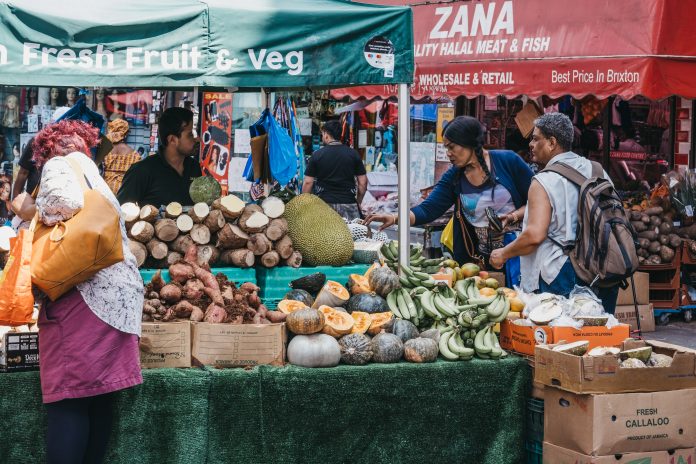New COVID-19 research asks UK to protect BAME and migrant groups from the economic impact of the pandemic, as they will be hit hardest
The COVID-19 lockdown has had a disproportionate economic impact on Black, Asian and Minority Ethnic (BAME) migrants in the UK. BAME migrants are 3.1 times more likely than white British to lose their jobs during the pandemic, while BAME British are 40% less likely to benefit from employee protection such as furloughing.
As a result, white British in work before the pandemic were 5.7 times more likely to experience furlough than job loss (18.9% vs. 3.3%), the rate was as low as 1.4 times for BAME migrants (16.3% vs. 11.4%).
Dr Yang Hu, an expert in the study of how socio-economic, political and institutional developments and cultural changes impact on everyday family and intimate lives, said:
“As the information was collected from the same people, it provides a very clear and effective comparison of the impact of COVID-19.”
“The findings show that as the pandemic hits BAME migrants particularly hard, it widens entrenched racial disparities in people’s labour market participation and economic well-being. They urge policy makers to place racial justice at the centre of the government’s immediate and long-term response to the pandemic.
“As we enter the third decade of the 21st century, the COVID-19 pandemic and the global rise of racism and anti-racism movements are two of the most prominent developments to define people’s lives in many countries.”
Further findings of the research:
- While BAME migrants are 35% less likely to reduce their work hours than white British, they are 1.3 times more likely to experience income loss due to COVID-19.
- Compared with white British, BAME migrants are 2.2 times more likely to experience an increase in financial strain, such as keeping up to date with bills (e.g. utility, credit card, etc.), during the COVID-19 lockdown.
- White British (28.8%) are 1.4 times more likely than BAME migrants (20.9%) to report leading a financially comfortable life during the pandemic. In contrast, BAME migrants (11.1%) are 1.5 times more likely than white British (7.2%) to report experiencing financial difficulty during the pandemic.
- BAME migrants (26.6%) are 1.3 times more likely than white British (20.2%) to experience an increase in their perceived level of financial hardship during the lockdown.
Dr Hu, a Senior Lecturer in Sociology and Data Science, presents nationwide evidence based on the analysis of data from the Understanding Society COVID-19 survey, funded by the UK Research and Innovation.
The initiative collected data from a national sample of more than 10,000 people from both before the pandemic and in April, the ‘prime time’ of the COVID lockdown in the UK.
As many countries start to ease and lift lockdown measures, Dr Hu said it would also be crucial to examine and tackle inequalities in people’s long-term economic recovery from the pandemic.
‘Intersecting ethnic and native-migrant inequalities in the economic impact of the COVID-19 pandemic in the UK’ by Dr Yang Hu, of Lancaster University, is published open access in ‘Research on Social Stratification and Mobility’ – an official journal of the International Sociological Association.











